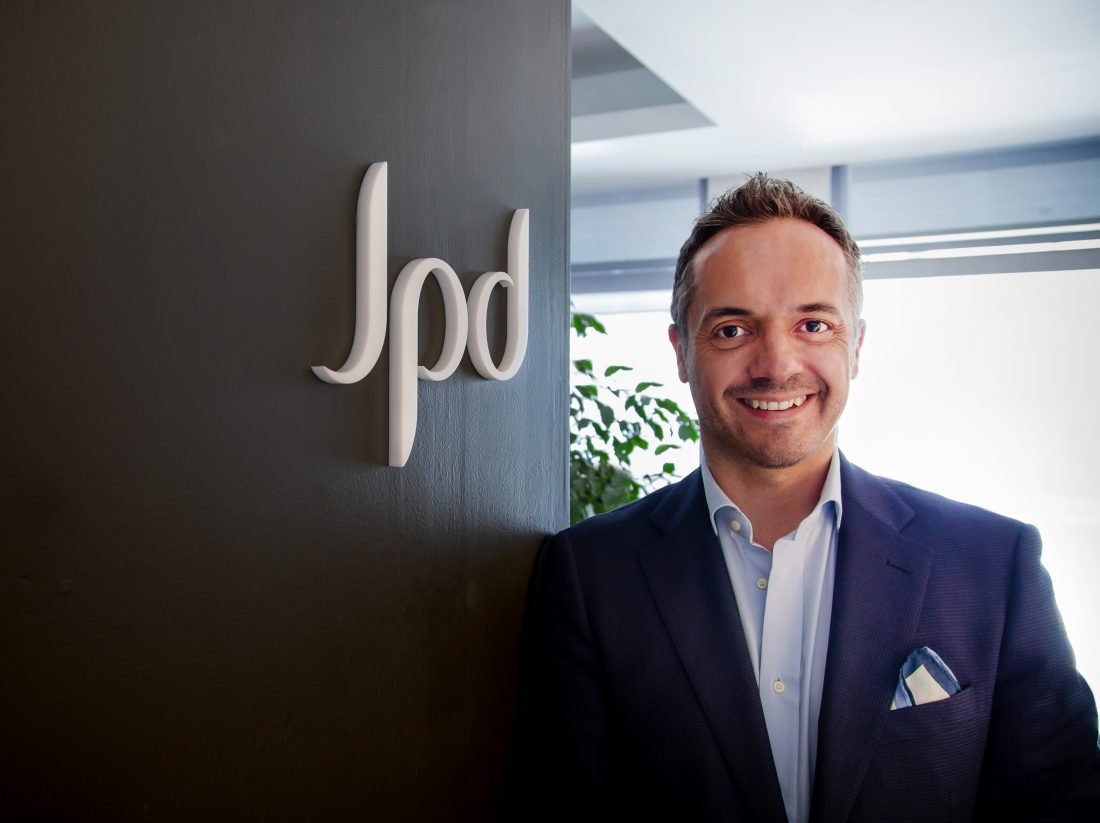Encapsulating The Key Essence of Branding for Startups: Q&A With JPd’s James Pass
Developing an effective brand strategy is critical to the early success of startups and emerging companies. One of the fundamental malpractices startups’ founders often do is the emphasis on the technical capabilities of their products, services or mobile apps, putting the brand building mission on the side. We’ve exclusively interviewed James Pass, Managing Director of JPd, on his views on why startups should build brands not products.
BB: In your opinion, in a nutshell, why startups are in a dire need for branding ?
JP: The start-up market is very saturated, and it is almost impossible to compete in a modern market, without communicating the higher purpose behind the brand. Everyone is trying to offer the best price, innovative solutions and high quality. Attracting consumers using the old-fashioned promise is no longer enough, brands have to communicate why they do what they do, what is the higher purpose and reason behind their existence, and what benefit is it going to bring to the consumer. Consumer is looking for authentic experiences with meaning, and that is what branding helps to define for startups, or established companies who have lost their mission.

BB: The global startup ecosystem is very cluttered, making it tough to stand out. What is the “WOW ” factor that will allow a startup brand to cut through the noise and position itself strongly and consistently?
JP: Interesting thing, we hear “Wow factor” quite often in the client brief. However, that is the most subjective task, especially in our industry. Depending on the psychographic of the consumers, their interested and etc., their WOW factor will change accordingly. What is WOW to my parents, won’t be WOW anymore to my kids. Which is why it is so essential to define your target audience. “Target everyone and you will target no one”, Old but Gold saying, encapsulating the key essence of branding and any marketing activity, be it digital campaign or print media. Who are you communicating to? Don’t be afraid to go niche, as niche market can then aspire and attract the masses. Once you understand the target market, what are their goals, what are they trying to achieve in life, what makes them happy, you then create a tailored messaging, which connects and talks close to their heart. That connection will be your WOW factor.
BB: To drive growth and accelerate quickly and steadily, startups need to remain focused and on track with a clear and structured vision. How can startup brands scale up through leadership?
JP: We believe, the only way to scale up is probably through leadership. Knowing where you are going, what are you trying to achieve, as well as engaging and connecting with your employees, and move them forward towards one goal, brings real benefit to the company. Leadership can help with optimising resources, aspiring and attracting talented people, as well as clients, investors and partnerships, which is essential for many start-ups. Going back to our roots, it’s been always about community for humans to survive and progress. Same rules applies in business, the stronger your community and contribution you bring to society, the greater the success rate of your journey. Branding should help to define the bigger reason and purpose behind your actions, which helps leaders to be more motivated and push further.
BB: Where do you stand from this paradox; Should start ups think like big businesses or should big businesses think like start ups?
JP: Both. Companies should think like big business when it comes to setting goals and future vision, but act as a start-up, in terms of always pushing hard for success, bearing in mind current and upcoming competition.
BB: We are seeing a lot of successful collaborations happening between big brands and startup brands. What potential lies in such collaborations and what makes them a win- win situation for both?
JP: It’s all about creating stronger communities, that share same vision, same goal, same aspirations. By partnering with like-minded brands, you help to bring your vision together. For a big brand, collaboration with a start-up can help to add to the unique and authentic brand promise; and for a start-up, associations with bigger brands add re-assurance, confidence and brand strength, capturing wider audiences.
BB: How do you see the entrepreneurship scene in the Middle East from a branding perspective? Any breakthroughs?
JP: The Middle East continues to be quite dynamic and competitive market. You feel constant movement, where new competitors can enter the market every month, if not week. This definitely drives entrepreneurs to be more innovative and agile. Since Amazon.com acquiring Souq.com in 2017, it proved to many entrepreneurs the Global opportunities this region provides. With constant innovation and focus in renewables and AI-driven services and products, entrepreneurial scene in Middle East successfully competes on the Global arena…





